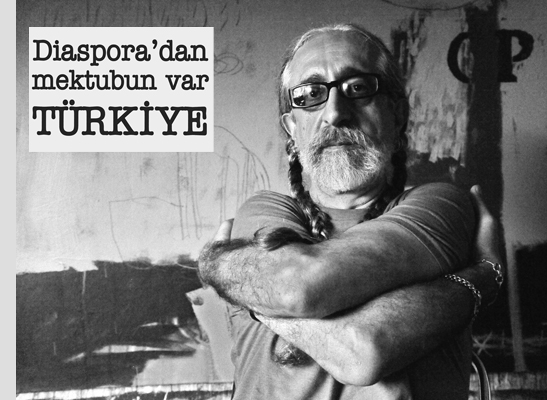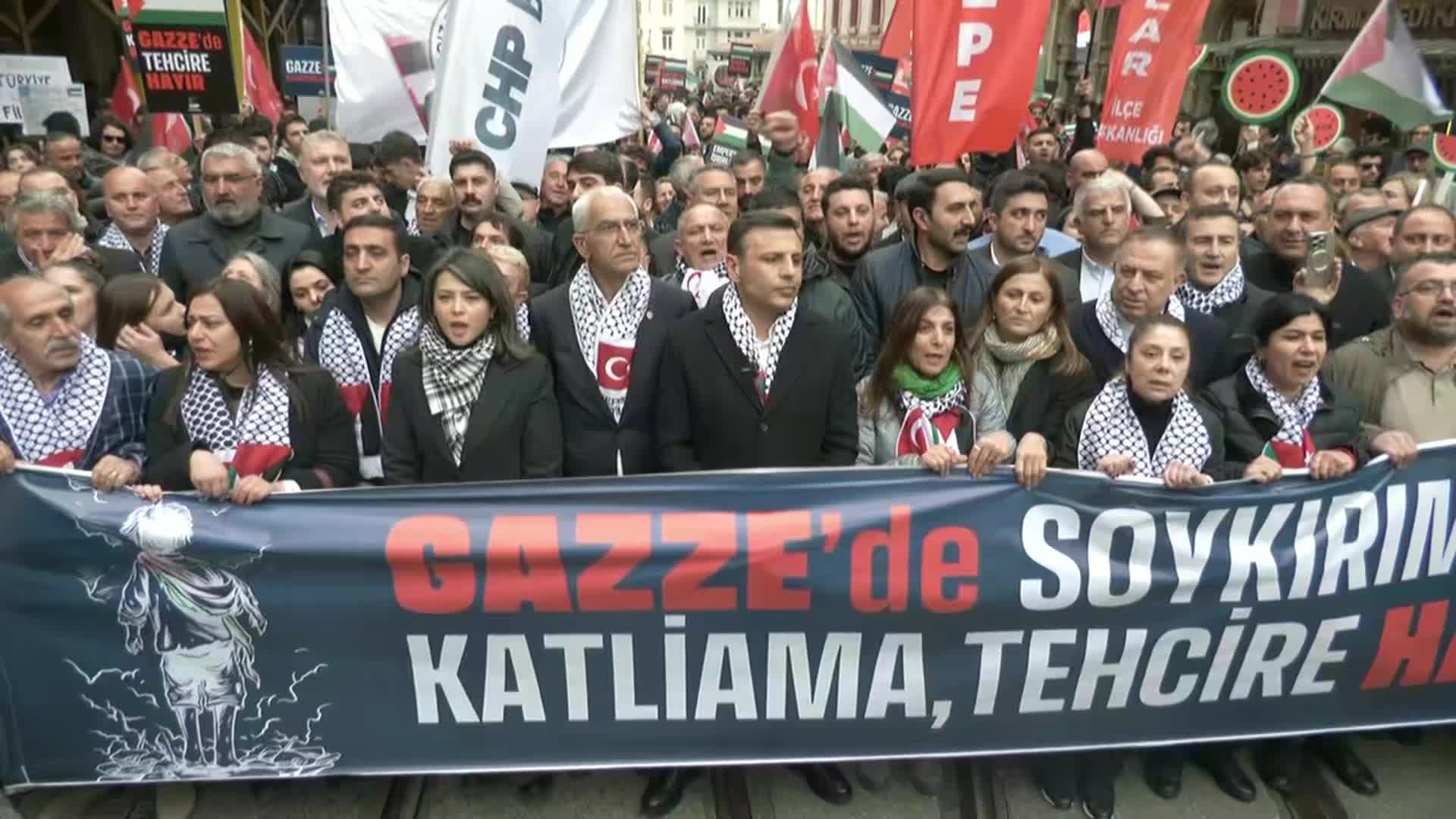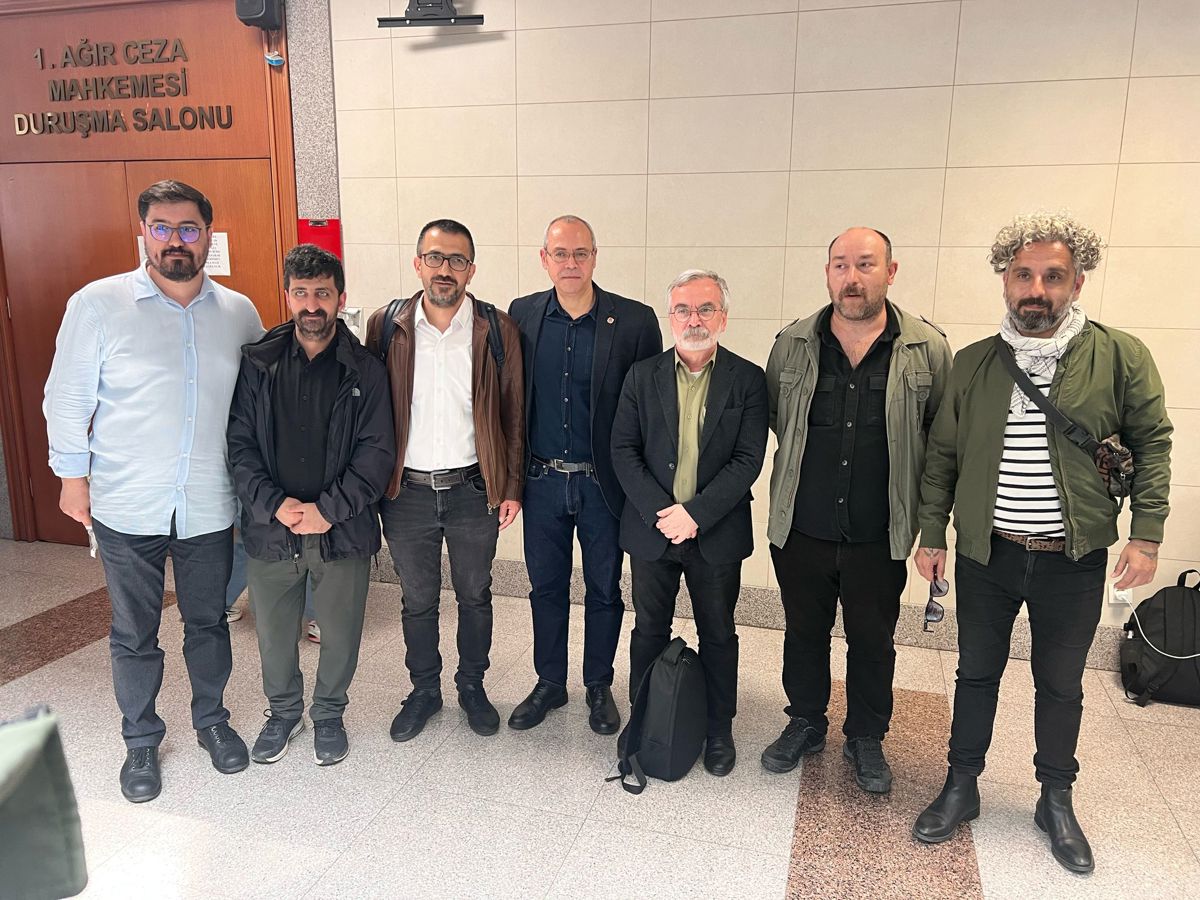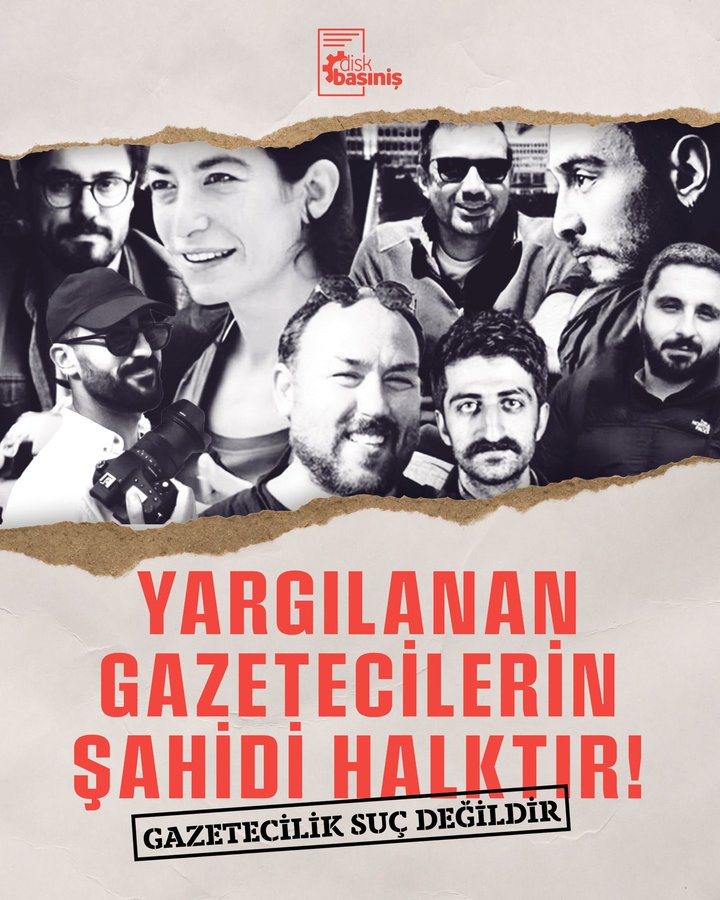'Küçük yaşımdan itibaren neredeyse her gün bu hikâyeleri dinleyerek Türklere karşı intikam ve kin duygularıyla dolmuştum ve 17 yaşındayken ilk kez Türkiye’ye gittiğimde İstanbul benim için, sevdiğim bütün yazar, şair, müzisyen ve sanatçıların öldüğü yerdi.'
VAHE BERBERİAN
| VAHE BERBERİAN: Vahe Berberian, Arapkirli bir anne ve Eğinli bir babanın çocuğu olarak 1955’te Beyrut’ta doğdu. Tiyatro, edebiyat ve sanat camiasından insanların uğrak yeri olan ailesinin evinde, entelektüel bir ortamda yetişti. 1977’de Los Angeles’a yerleşti. 1980’de Woodbury Üniversitesi’nde gazetecilik eğitimini tamamladıktan sonra, edebiyat, tiyatro, oyunculuk ve resimle uğraştı. ABD, Kanada ve Avrupa’nın çeşitli kentlerinde sergiler açtı. Sanat çevrelerinde ressam ve yazar olarak tanınsa da, Ermeni Diasporası’nda daha çok, farklı şehirlerde sergilediği ‘Yevaylın’ (Vesaire), ‘Nayev’ (Bir de) ve ‘Dagavin’ (Henüz) adlı, tek kişilik performanslarıyla tanındı. Köklerinin tiyatroda olduğunu düşünen Berberian, oyunlar yazdı, yönetmenlik ve oyunculuk yaptı, Hollywood filmlerinde rol aldı ve seslendirmeler yaptı. |
For me, Istanbul was the place where all the artists I loved had died
VAHE BERBERİAN
My grandmother, until the day she died, continued to believe that her daughters, one of them seven, the other nine years old, were still alive. “They were so sweet, it is impossible to imagine someone murdering them,” she always used to say.
My grandmother was from the Dzak village of Agn, and she lost her entire family during the Forced Immigration. Her husband was supposedly drafted into the army, but they had received no news at all from him since the day he went. Her two brothers had been killed with an axe in front of her very eyes, and her mother and two daughters had disappeared forever. Only her, and my father, who was only a year old then, remained.
My mother’s family were from Arapgir, and there were no survivors from her family either.
Listening to these stories almost every day since my childhood, I had welled up with feelings of revenge and hatred for Turks, and when at the age of 17, I travelled to Turkey for the first time, Istanbul was, for me, the place where all the writers, poets, musicians and artists I loved had died.
Returning to Istanbul many years later, at the age of 54, I experienced completely different feelings. The years that had passed had brought me the maturity and experience to understand that feelings of revenge and hatred poisoned, first and foremost, the one who bears such feelings. I had had the opportunity to meet some graceful and intelligent Turks; these people were convinced that if a people does not carry out a genuine investigation into its history, and builds its foundations upon lies, those foundations would inevitably collapse one day, because there was truly no stronger foundation than history. So when I visited Turkey for the second time, Istanbul was no longer the place where my forefathers had died, but a place where they lived, managed by institutions of the community, where people created art works, and breathed life into an entire culture. Now I feel like an Armenian of Istanbul, because, although I was born in Lebanon, I was culturally nurtured in Istanbul, and I am proud of that.
24 Ապրիլի 99-ամեակի առթիւ
«Իմ Հայրենիքս»
ՎԱՀԷ ՊԷՐՊԷՐԵԱՆ
Մինչեւ մեռած օրը, մեծմայրս կը հաւատար, որ իր երկու աղջիկները, որոնցմէ մէկը 9 տարեկան էր, միւսը՝ 7, պէտք է ողջ ըլլային։ Կ՚ըսէր, որ այնքան անուշիկ էին, որ անկարելի է երեւակայել, որ մէկը կրնար սպաննել զիրենք։
Մեծմայրս Ակնոյ Ծագ գիւղէն, իր ամբողջ գերդաստանը կորսնցուցած էր տեղահանութեան ընթացքին։ Ամուսինը իբրեւ թէ բանակ տարուած էր, բայց տարուած օրէն վերջ իրմէ ձայն չէր ելած, երկու եղբայրները իր աչքերուն առջեւ կացինահարուած էին, իսկ մայրն ու իր երկու աղջիկները՝ առյաւէտ կորսուած։ Մնացած էին ինքն ու հայրըս, որ այն ատեն մէկ տարեկան էր։
Մօրս ընտանիքը Արաբկիրէն էր, եւ իր գերդաստանէն ալ ողջ մարդ մնացած չէր։
Փոքր տարիքէս գրեթէ ամէն օր այս պատմութիւնները լսելով, ոխով եւ ատելութեամբ լեցուած էի թուրքերուն դէմ եւ առաջին անգամ երբ 17 տարեկանիս Թուրքիա գացի, ինծի համար Պոլիսը կը ներկայացնէր այն վայրը, ուր իմ սիրած բոլոր հայ վիպագիրները, բանաստեղծները, երաժիշտներն ու արուեստագէտները մեռած էին։
Տարիներ ետք, երբ 54 տարեկանիս անգամ մը եւս Պոլիս գացի, բոլորովին տարբեր զգացումներ ապրեցայ։ Տարիները քիչ մը աւելի հասուն, քիչ մը աւելի կիրթ դարձուցած էին եւ կրցած էին հասկցնել, որ ատելութիւնն ու ոխը նախ եւ առաջ քեզ կը թունաւօրէն։ Տարիներու ընթացքին նաեւ անդրադարձած էի, որ կարելի չէ ամբողջ ազգ մը նոյն աչքերով դատել։ Բախտը ունեցած էի ծանօթանալու ազնիւ եւ իմաստուն թուրքերու, որոնք համոզուած էին, որ եթէ ազգ մը իր պատմութիւնը լրջօրէն չուսումնասիրէ ու իր պատմութեան հիմերը սուտերու վրայ կառուցէ, օր մը կը փլի, որովհետեւ ճշմարտութենէն աւելի զօրաւոր հիմք չի կրնար գոյութիւն ունենալ։ Այնպէս որ, երկրորդ անգամ Թուրքիա երթալուս, Պոլիսը այն տեղը չէր, ուր իմ հայրերս մեռած էին, այլ հոն, ուր իմ հայրերս ապրած, ազգային հաստատութիւններ կառուցած, արուեստ ստեղծած ու ամբողջ մշակոյթ մը կերտած էին։
Հիմա ինքզինքս պոլսահայ կը զգամ, որովհետեւ հակառակ անոր, որ Լիբանանի մէջ ծնած եմ, իմ հոգեկան եւ մշակութային սնունդս Պոլիսէն եկած է եւ ատոր համար ալ հպարտ եմ։





